BY WALTER OPINDE
Mordecai Wyatt Johnson was an African American educator, clergyman, administrator, and public speaker, who was born on 4th January, 1891, in Paris, Tennessee. He was the son of Reverend Wyatt J. Johnson, a former slave. Johnson learned through his parents’ example the muscle of self-determination, discipline, scholarship, and integrity. His father, a minister and laborer, was a stern man who worked at a mill six days a week, twelve hours a day, for forty years. His mother, Carolyn, offset his father’s firmness with patience and nurturing for her only child.
Upon completing his elementary education, Johnson left Paris, Tennessee, to attend Roger Williams University in Nashville. After graduating from Atlanta Baptist College (and later Morehouse College) in 1911, his oratory ability won him critical acclaim. In 1922 Mordecai delivered a commencement speech during his graduation from Harvard University Divinity School, titled “The Faith of the American Negro.” He also received his Doctor of Divinity degree from Gammon Theological Seminary Atlanta, Georgia.
On 26th June, 1926, at the age of 36 years old, Johnson was unanimously elected the eleventh president of Howard University, becoming the first African-American to serve as the permanent head of that institution. Before his appointment, Mordecai had served as professor of economics and history at Morehouse. As well, he had served earlier as pastor of the First Baptist Church in Charleston, West Virginia. During his tenure at Howard, Johnson appointed a number of people who became prominent scholars. They included Alain Locke, who was the first African-American Rhodes Scholar and holder of a PhD from Harvard University; Ralph Bunche, professor of political science and later a Nobel Laureate; Charles Drew, who perfected the use of blood plasma; Percy Julian, a noted chemist; and Sterling Brown, a professor of English and a noted Harlem Renaissance poet. Johnson’s most important appointment was of Charles Hamilton Houston in 1929 as the Vice-Dean and later as the Dean of the Howard University Law School. While serving as dean, Houston was the architect of the strategy that dismantled the Jim Crow laws and laid the groundwork for the famous Brown v. Board of Education decision in 1954 by the U.S. Supreme Court.
Mordecai Johnson raised millions of dollars for new buildings on the Howard campus and for upgrading all of the schools. National Honor Societies, including Phi Beta Kappa, were established on the campus of Howard during his tenure. Johnson brought Howard University into national prominence and served as its president for over three decades (34 years to be precise), from 1926 until his retirement in 1960. During this period, the enrollment at Howard University had increased from two thousand in 1926 to more than ten thousand in 1960. Under the Johnson Administration at Howard University, the number of faculties tripled and faculty salaries doubled, Congressional appropriations increased to $6,000,000 annually, and Howard University’s Freedmen’s Hospital was training half of the African-American physicians in the country. Perhaps Dr. Johnson’s greatest contribution was the development of the University’s Law School as the dominant source of civil rights attorneys and law professors, including future U.S. Supreme Court Justice, Thurgood Marshall. He also had a profound influence on Martin Luther King Jr.’s commitment to nonviolence resistance.
Mordecai Wyatt Johnson died on 10th September, 1976, at the age of eighty-six in Washington, D.C. He left behind a wife, Anna Ethelyn Gardner, and five children.
Read more about Mordecai Johnson via:
https://www.theatlantic.com/national/archive/2011/09/our-first-black-president/244942/
https://blackamericaweb.com/2013/12/18/little-known-black-history-fact-howard-university/

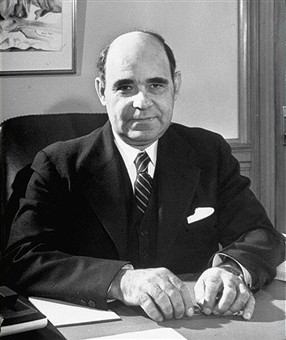



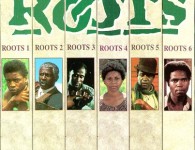
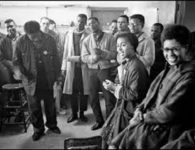

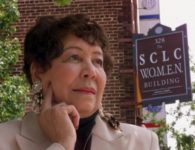
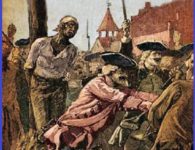

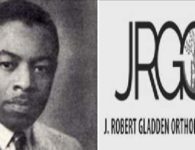
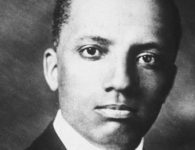
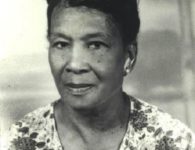

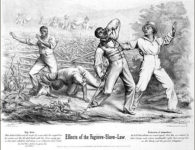
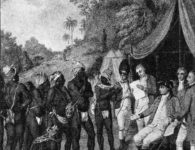
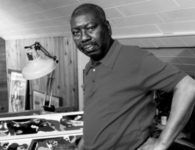
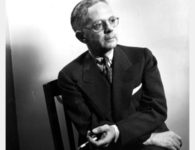
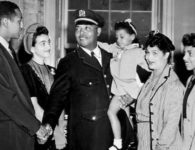

3 Comments
Please let me know if you’re looking for a author
for your weblog. You have some really great articles and I feel I would be a good asset.
If you ever want to take some of the load off, I’d love to write some content for your blog
in exchange for a link back to mine. Please send me an email
if interested. Cheers!
You really make it seem so easy with your presentation but I in finding this topic to be really something which I believe I might by no means understand.
It kind of feels too complicated and very wide for me.
I’m having a look forward in your subsequent post, I will attempt to get the grasp of it!
Greetings! Very useful advice within this article! It’s the little
changes that produce the greatest changes. Many thanks for sharing!